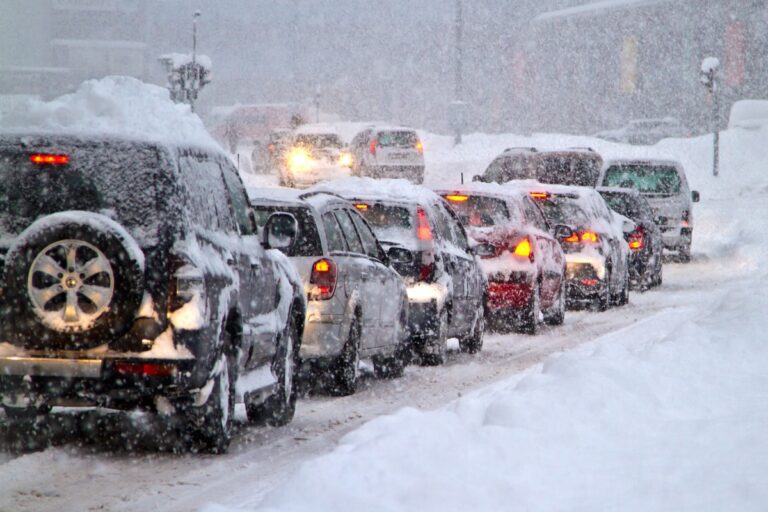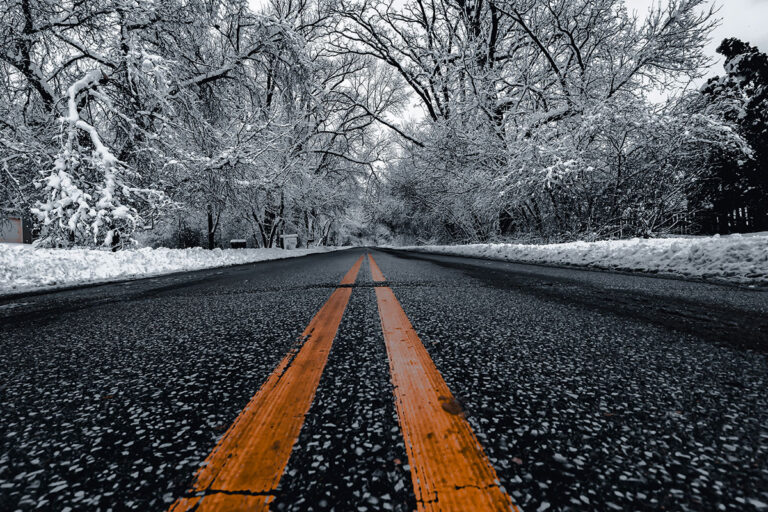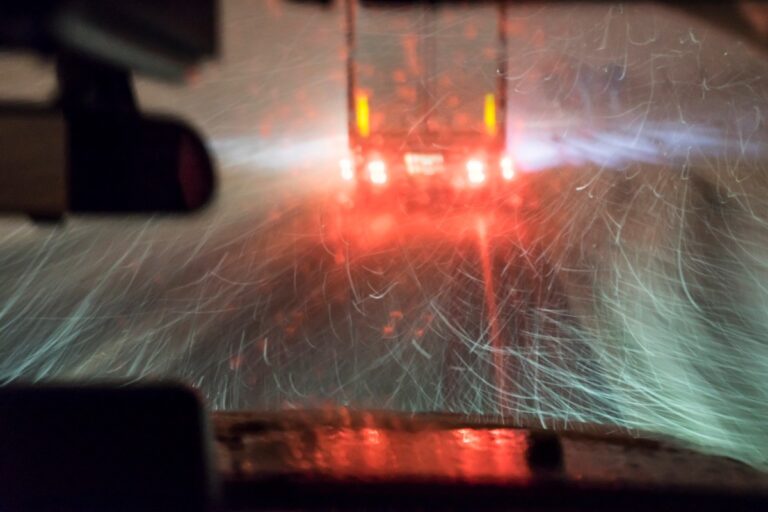5 Common Mistakes Teenage Drivers Make in the Winter

Winter driving can be a real challenge, even for experienced drivers. But for teens who are still getting the hang of being behind the wheel, snowy roads and surprise patches of black ice can be especially daunting.
Unfortunately, this combination often leads to accidents. A split-second decision, a little bit of inexperience, and suddenly you’re dealing with a fender bender… or worse. In fact, statistics show that over 60% of pediatric spinal fractures happen to teenage drivers between 15 and 17 years old — the very age when many are just starting to drive.
Let’s break down the five most dangerous mistakes teenage drivers make when winter hits — and why they can have life-altering consequences.
5 Common Mistakes Teenage Drivers Make in the Winter
Overconfidence
At 16, it’s natural to feel untouchable — but that sense of overconfidence can make winter especially dangerous for teenage drivers.
Many teens simply haven’t had enough time behind the wheel to develop the skills and judgment needed for navigating winter roads. They may misjudge stopping distances on icy surfaces, overestimate their ability to control the car in a skid, or underestimate the dangers of driving in poor visibility.
Winter driving tips for teens: Practice makes perfect! Even if you’ve driven in the summer, winter driving is different. Practice handling a vehicle on slick surfaces in a safe environment, like an empty parking lot. Get a feel for how your car drives when it’s slippery. Practice braking gently, steering smoothly, and getting a sense of how long it takes to come to a complete stop.
Speeding and tailgating
We get it — sometimes you’re in a hurry. But speeding and tailgating are never a good idea, and they’re especially dangerous in winter conditions. NHTSA data from 2022 reveals that speeding was a contributing factor in nearly a third of fatal crashes involving teenage drivers.
When roads are icy or snow-covered, it takes much longer to stop your vehicle. Speeding reduces your reaction time and increases your stopping distance, making it more likely that you’ll lose control or be unable to avoid a collision.
Tailgating is equally hazardous, as it leaves you with little to no room to react if the car in front of you suddenly brakes or loses control.
Winter driving tips for teens: Slow and steady wins the race in winter. Reduce your speed and leave extra space between you and the car in front of you. The “two-second rule” you learned in driver’s ed? Double or even triple it in winter conditions. Think of it like this: you need the length of a whole school bus to stop safely on ice.
Distracted driving
This one should go without saying, but unfortunately, distracted driving remains a major problem. Teens are especially prone to distractions, whether it’s texting, talking on the phone, fiddling with the radio, or even just chatting with friends in the car.
In the winter, even a momentary lapse in focus can have serious consequences. Taking your eyes off the road for even a few seconds can be enough to miss a patch of black ice, a sudden change in traffic flow, or a pedestrian crossing the street.
Winter driving tips for teens: Winter driving demands your full attention. Put your phone on “Do Not Disturb,” turn off the music, and focus on the road ahead. If you need to make a call or send a text, pull over to a safe location first.
Drunk driving
Tragically, underage drinking is a factor in almost one-third of fatal crashes involving teenage drivers. Alcohol impairs your judgment, reaction time, and coordination — all of which are essential for safe driving.
In winter conditions, these impairments are magnified, making it even more dangerous to get behind the wheel after drinking. Even a small amount of alcohol can affect your ability to drive safely.
Winter driving tips for teens: Never drink and drive. It’s not worth the risk to yourself or others. If you’re going to a party or event where alcohol will be present, plan ahead. Choose a designated driver, or arrange for a ride with a trusted friend, family member, or rideshare service. And remember: buzzed driving is drunk driving.
Not knowing what to do in case of an accident
Even the most careful teenage drivers can find themselves in winter accidents. But what happens in those crucial moments after impact can mean the difference between a manageable situation and a legal nightmare.
Keep these tips in mind:
- Stay calm: It’s easier said than done, but try to remain calm. Panicking won’t help the situation.
- Safety first: Check yourself and anyone else in the car for injuries. If anyone is hurt, call 911 right away. If you can, move your car to a safe spot off the road and turn on your hazard lights.
- Gather information: Exchange information with the other driver(s). This means names, phone numbers, and insurance details. If there are any witnesses around, get their contact info too. They could be helpful later on.
- Document everything: Grab your phone and take pictures of everything: damage to the cars, any injuries (if you’re comfortable doing so), and the whole accident scene. The more evidence you have, the better.
- Contact your insurance company: Once you’re home safe, let your parents or guardians know what happened. They can help you contact the insurance company and figure out the next steps.
- Seek legal advice: If you or someone else got hurt in the accident, it’s a good idea to talk to a lawyer. They can help you understand your rights and what to do next.
Parents, this is where we come in — at Slater & Zurz, we’re here to help you navigate the aftermath of an accident and make sure your teen’s rights are protected. We’ve helped countless families navigate the challenges of car accidents in Ohio, and we know how to get your family the best possible outcome, whether that’s fair compensation for injuries or help dealing with insurance companies.
If your teen has been involved in a winter driving accident, don’t deal with the overwhelming aftermath alone. Contact Slater & Zurz today for a free consultation at 330-762-0700.




